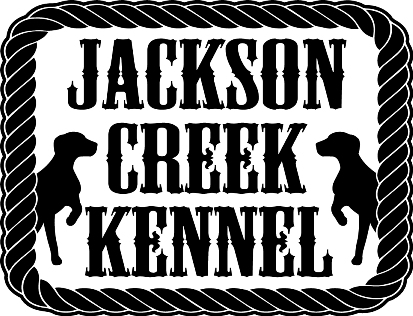Dale’s one on one training techniques basically train you to train your dog. Why wait get that good Good Canine Citizen that’s a joy to be around even in the house, or that hunting companion you’ve always wanted.
Training a Pudelpointer puppy for hunting in Colorado requires patience, consistency, and a structured approach. Here are some general guidelines to help you get started:
Socialization: Begin socializing your Pudelpointer puppy early. Expose them to various environments, people, animals, and sounds to build confidence and prevent fearfulness. Take them for walks in different locations, introduce them to friendly dogs, and gradually increase the level of stimulation.
Basic obedience training: Teach your puppy basic commands such as sit, stay, come, and heel. Use positive reinforcement techniques, such as treats and praise, to reward good behavior. Consistency is key, so practice these commands regularly in different settings.
Retrieve training: Pudelpointers are versatile hunting dogs known for their retrieving abilities. Start introducing your puppy to retrieving games by using toys or small training dummies. Encourage them to fetch the object and bring it back to you. Gradually increase the distance and difficulty of the retrieves as your puppy becomes more skilled.
Introduction to gun sounds: Hunting involves the sound of gunfire. Familiarize your puppy with these sounds by gradually exposing them to recorded gunshots or starting with distant gunshots at a low volume. Associate the sound with something positive, such as treats or playtime, to create a positive association.
Scent training: Pudelpointers have a keen sense of smell, making them excellent tracking dogs. Introduce scent training by using scented training dummies or hides. Start by placing the scent on the dummy and encouraging your puppy to find it. Gradually increase the complexity of the searches and transition to tracking scents in outdoor environments.
Expose to hunting environments: Once your puppy has a good foundation in basic training, gradually expose them to hunting environments. Start with controlled situations, such as training grounds or areas with light bird activity. Introduce them to the sights, sounds, and smells associated with hunting, allowing them to acclimate gradually.
Work with a professional trainer: Consider enlisting the help of a professional hunting dog trainer who specializes in versatile hunting breeds like the Pudelpointer. We can provide personalized guidance, advanced training techniques, and help you address specific hunting-related challenges.
Remember, training a hunting dog takes time and effort. Be patient, consistent, and maintain a positive attitude throughout the process. Training sessions should be enjoyable for both you and your puppy, strengthening the bond between you as you work together towards becoming a successful hunting team.
